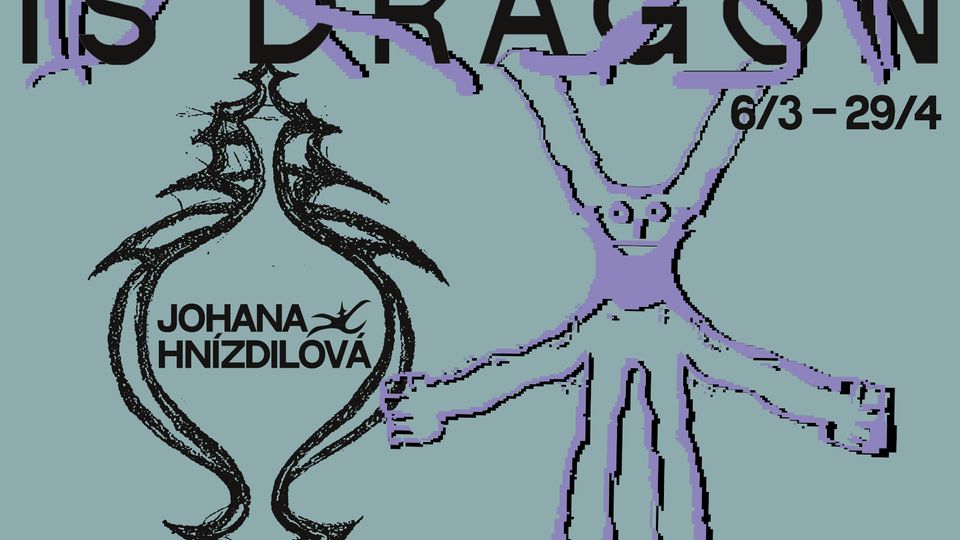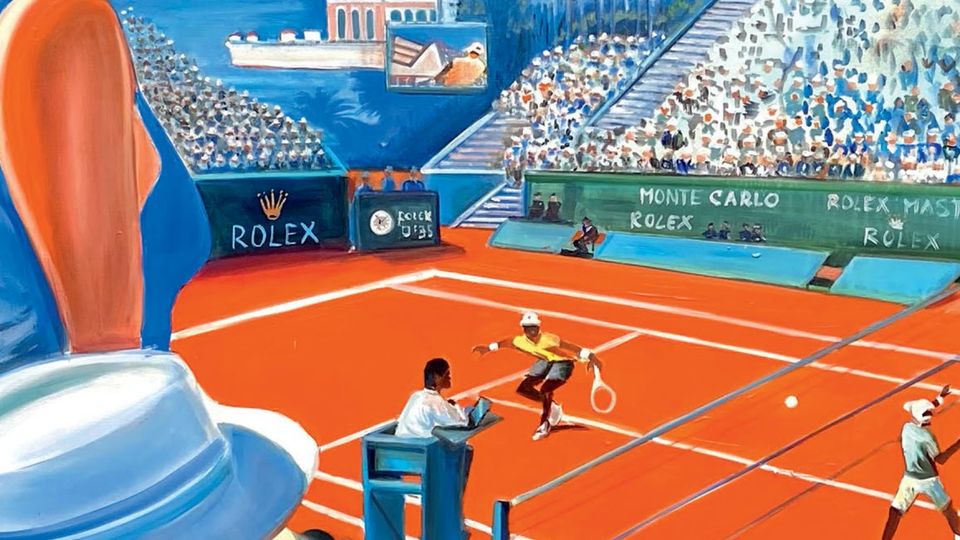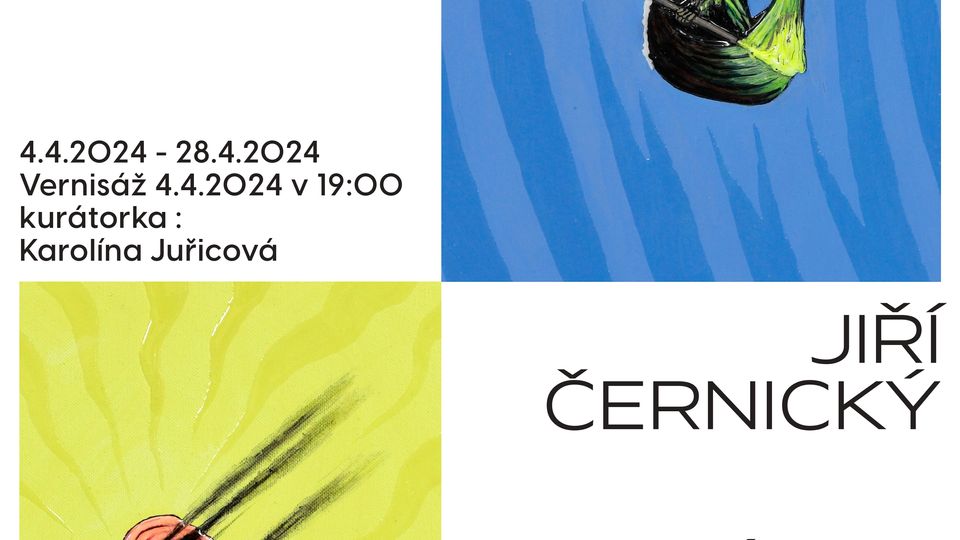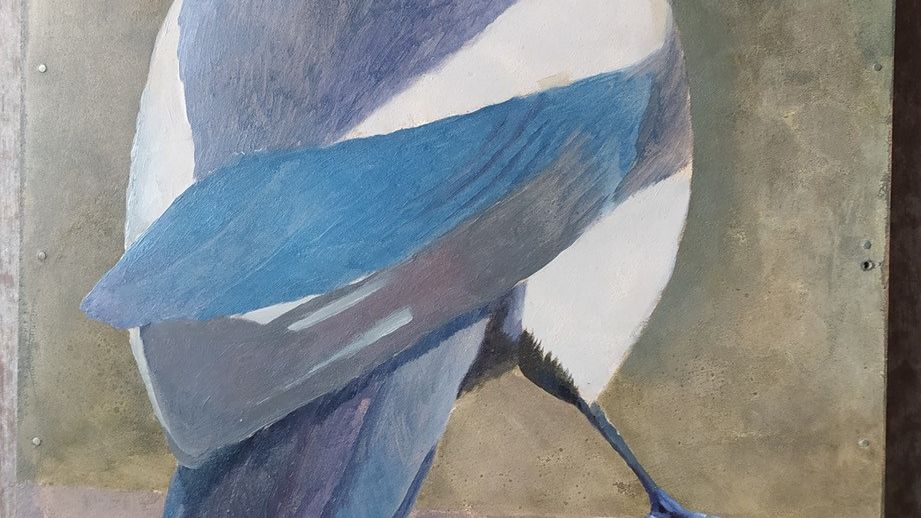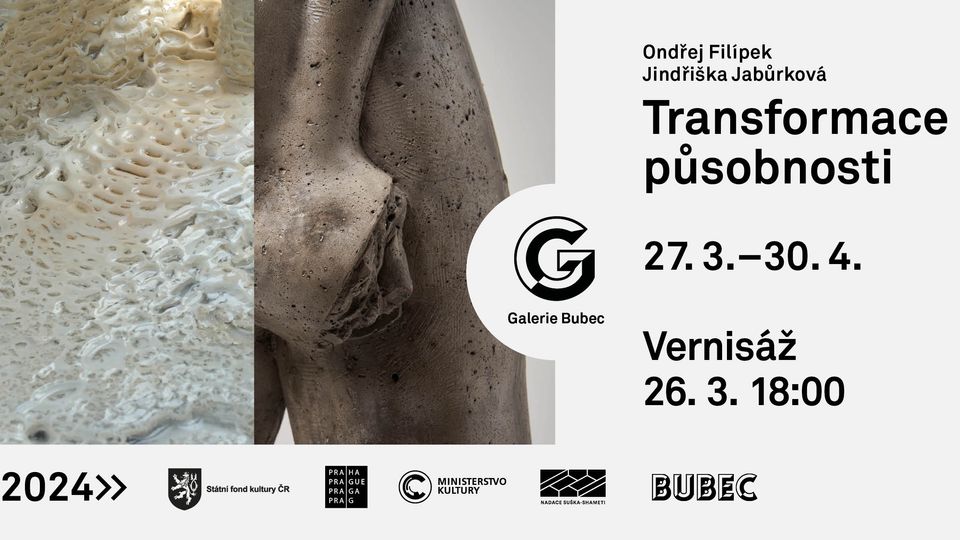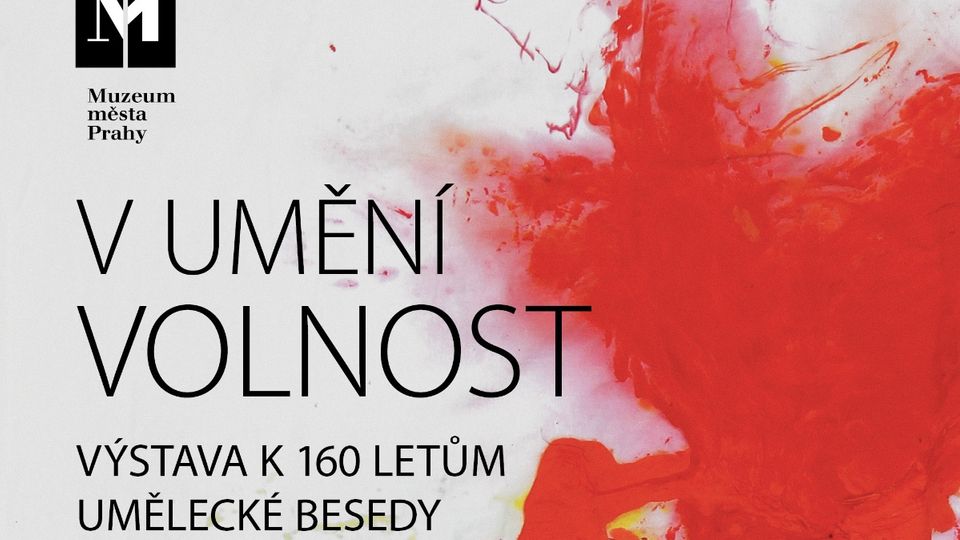COI #006 Antonia Majaca: THE MINUS OBJECT 3.0
23. 5. 2019
Přednášky a diskuze
U Akademie 4, 17000 Praha 7
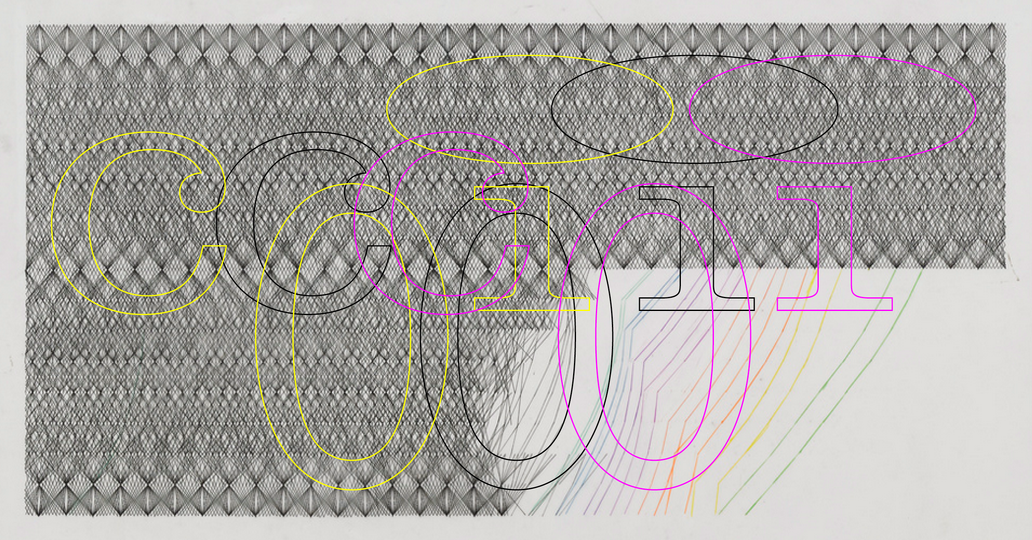
THE MINUS OBJECT 3.0: Artistic Intelligence and the Cosmotechnical Epistemic Revolution
The concerns surrounding the two euphemistic notions of the “Anthropocene” and “Planetary Computation” have been deployed as two separate contingents in the context of contemporary art. From the onset, the function of this split has been a foreclosure of the role contemporary art plays in the fundamentally unsustainable terms of production within (computational) capitalism and its underlying relation to both nature and technology. This symptomatic bifurcation takes place against the wider backdrop which contemporary art rarely addresses explicitly: if economic growth is the primary goal of society, this means that all other spheres must be subordinated to economic logic, including nature, technology, and art.
Professing that art can still have “real” political agency within broken capitalist post-democracy while, at the same time, nurturing an art system that relies on the production of objects cum commodities, is based on an either naive or cynical “belief in art.” The contemporary capitalist church of art rests on a libidinal investment in the idea of art’s redemptive role in the impending planetary cataclysm. In order to (re)gain the prospect of any political and epistemic relevance, art must move toward a radical logic of de-growth and, as a start, must stop its actual material output. This cannot be achieved by what, in the original use of the notion of the “minus object,” the artists of the Italian Arte Povera movement referred to—poor and hard-to-commodify objects, but still objects. Nor should it invoke any one artists dropping out of the art world or the twentieth-century genre of “art strikes.” It must go beyond declarative “anti-art” aesthetic gestures. The proper minus object replaces art, the relic of the capitalist church of art, with artistic intelligence.
An essential operation for devising the minus object of art is similar to debunking what Luciana Parisi refers to as digital naturalism, which necessitates a learning from instead of learning toward.
As much as the relation to nature is not universal, neither is the relation to technology. Instead, as Yuk Hui demonstrates in his work on cosmotechnics, particular cosmologies nurture different relations to technology. Thus, there is no one technology, but rather multiple cosmotechnics. Moving from the production of objects to an objective of becoming an active agent in a fundamental revision of our relationship to nature and technology can than serve the development of a properly abductive artistic intelligence. The proper minus object of art equals circumventing the objective of creating relics while developing artistic intelligence based on the affinity with the incomputable in both nature’s and machines’ intelligence. This is a prerequisite for undoing the patriarchal gendering of technology and nature. In fact, alienating the instrumental relation to both: detechnologizing nature and denaturalizing techne, might be the only way toward non-alienated artistic intelligence.
In this talk I will discuss a small number of recent anti-disciplinary, collaborative practices that manage to critically align diverse non-normative intelligences in examining the normalization of instrumentalization, codification, and commodification of Earth’s life worlds.
Antonia Majaca is a curator and writer based in Berlin. She leads the FWF-funded research project “Incomputable” at the Institute for Contemporary Art at Graz University of Technology. She recently co-curated “Parapolitics – Cultural Freedom and the Cold War” at the Haus der Kulturen der Welt in Berlin and teaches theory at the Dutch Art Institute.

